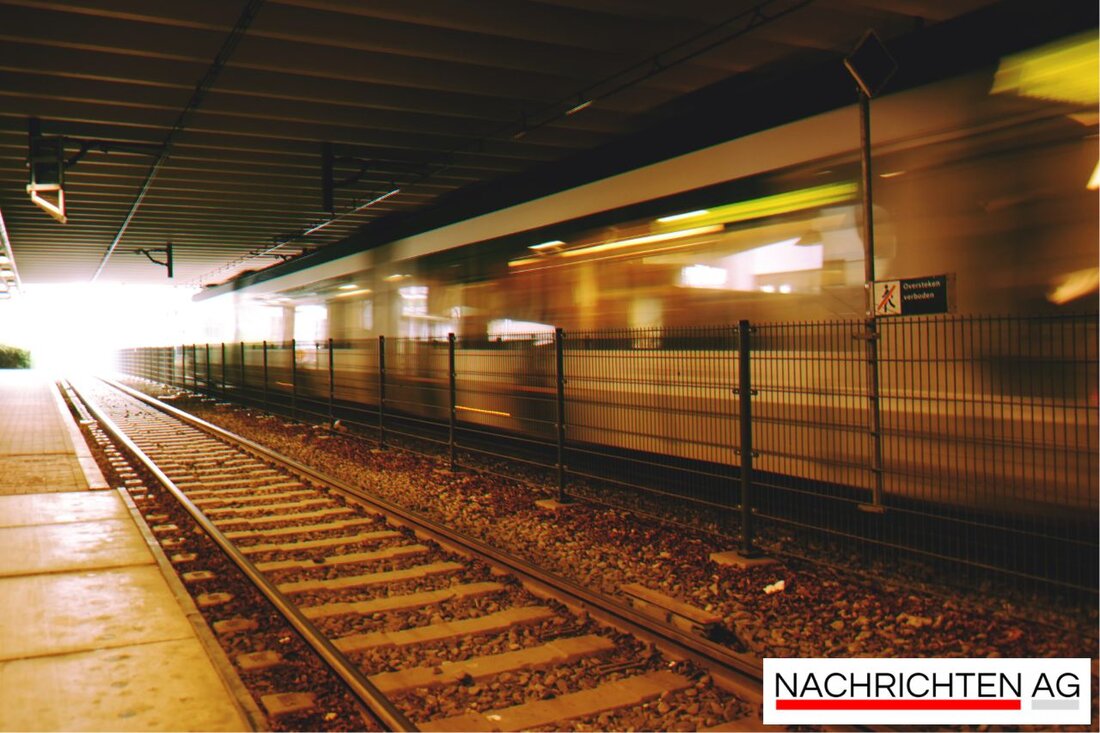Spandau expands Jelbi network: New mobility offers and e-scooter rules!
Spandau expands Jelbi network with eight new points, improves public transport and mobility. New regulations for e-scooters introduced.

Spandau expands Jelbi network: New mobility offers and e-scooter rules!
Today, on October 10, 2025, it was announced that the Spandau district office, together with the BVG, has expanded the Jelbi network in the district. A total of eight new Jelbi points were added to improve mobility offerings in the region and relieve congestion in heavily frequented places.
The new locations have been strategically chosen and include the Rathaus Spandau S-Bahn and subway station, entrances to the old town, the Stresow S-Bahn station, the Paulsternstrasse subway station and Heerstrasse in Wilhelmstadt. According to city councilor for construction Thorsten Schatz, these measures will help to relieve pressure on Spandau train station in particular and at the same time help to reduce the confusing parking of e-scooters. Digital no-parking zones for e-scooters and sharing bikes have also been set up to help optimize traffic flow.
Improved infrastructure for e-scooters
With the expansion, Spandau now has a total of 26 Jelbi points and is in fourth place in Berlin. Six of twelve S-Bahn, U-Bahn and regional train stations in Spandau are now directly connected to the Jelbi network. Existing Jelbi stations are located at the Haselhorst locations, at the Spandau depot, in the Spandau Arcaden, Falkenhagener Feld and Haveluferquartier. These expanded offerings improve the “last mile” in local public transport and ensure a tidy cityscape.
Financing is provided by the state of Berlin as part of the BVG transport contract. The Jelbi app allows users to not only rent and drop off vehicles, but also call taxis and book vehicles directly on site. The aim of this flexible mobility is to promote the use of sharing offers throughout Berlin and to facilitate access to various means of transport, such as cars, bikes and scooters.
Challenges when using e-scooters
While the innovations of the Jelbi system in Spandau offer the prospect of improved mobility, e-scooters in Berlin continue to be under pressure. A new analysis shows that most e-scooters in the city are hardly used. There are currently almost 47,000 e-scooters in use, with each scooter only being rented around twice a day on average. In the first quarter of 2025, the average usage time of an e-scooter was just 11 minutes per day, while this value rose to 17.4 minutes in the summer months.
In order to regulate the use of e-scooters in inner-city areas, the Berlin Senate has limited the number of e-scooters to 19,000 since the beginning of 2024 and introduced a special usage fee of three euros per vehicle within the S-Bahn ring. These measures were aimed at relieving urban space and avoiding dangerous parking situations. In this context, 492 mandatory parking zones have already been set up by the end of March 2025, 319 of which are in inner-city areas.
Last but not least, the General Association of the Blind and Visually Impaired Berlin (ABSV) is calling for stricter rules for e-scooter rentals and is planning a representative action. A decision is expected in summer 2025, potentially with further implications for e-scooter rental regulations in the capital.

 Suche
Suche
